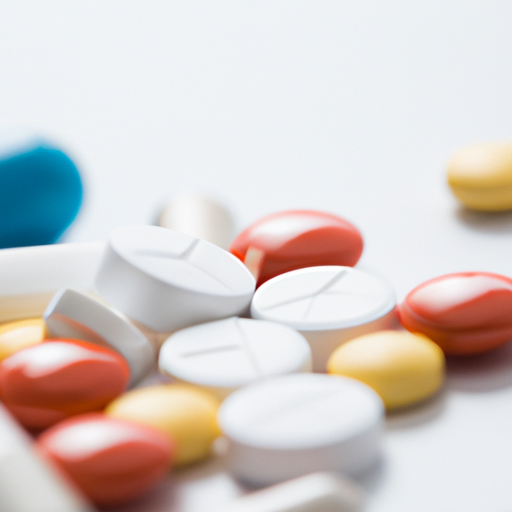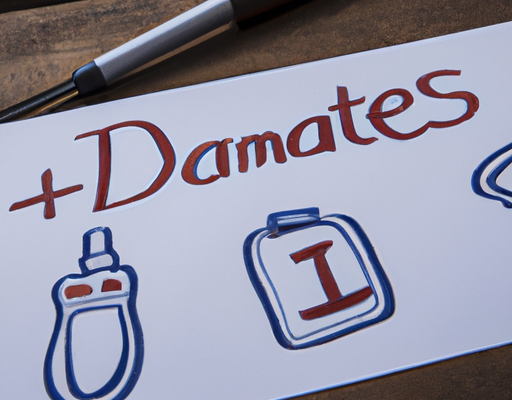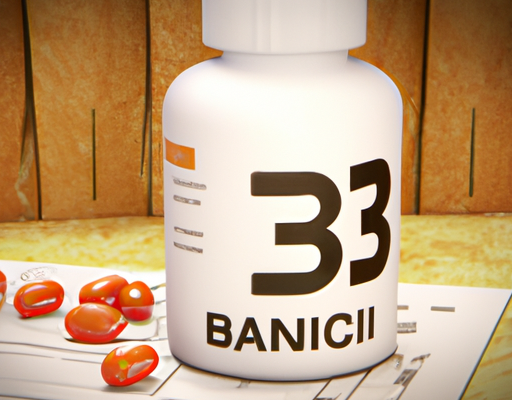Pimple Popping:
Pimple popping can be a tricky topic when it comes to health. While popping a pimple with pus may give the illusion of fast relief, it can potentially cause more harm than good. Pimple popping can push the infection deeper into the skin, resulting in a longer healing time and a greater risk of scarring. In some cases, bacteria from the popped pimple can spread to other areas of the face, resulting in more pimples. Ultimately, it is important to weigh the pros and cons and decide if popping the pimple is worth it. When acne does need to be addressed, it is best to seek professional medical advice. This is especially important if a pimple is swollen and red, as it may be an indication of a more serious skin problem.
Benefits of Popping
Popping a pimple can seem like an attractive solution when faced with an irritating blemish. Although it can be tempting to pop a pimple, it’s important to understand the benefits and drawbacks of popping a pimple with pus. The Benefits of Popping a Pimple with Pus:
- It can help clear dirt and bacteria from the area.
- It can help reduce inflammation.
- It may minimize scarring associated with the blemish.
- It may help reduce the size of the pimple.
- It can help reduce pain associated with the blemish.
Pop a pimple carefully and only after considering the potential risks. Always wash your hands and use clean instruments, such as cotton swabs, to reduce the risk of infection. If the pimple does not seem ready to pop, refrain from touching it and seek medical advice for proper treatment.
Precautions to Take
Popping a pimple with pus is dangerous and can lead to infection, permanent scarring, or further complications. It is important to take proper precautions when considering popping a pimple with pus. First, it is important to make sure that you are sterile, since it is very easy to spread bacteria on the skin if the hands are not clean. It is also important to soften the area around the pimple by using a warm compress, which will make it easier to pop the pimple, while keeping the pores clean. If the pimple is still hard, or full of pus, it is not ready to be popped and could cause damage to the surrounding skin if done prematurely. If you decide to pop the pimple, it is important to use gentle pressure and to never squeeze the skin. After popping the pimple, it is important to clean the area with a disinfectant and to treat the area with a topical cream specifically for acne, as this can help prevent infection and reduce further breakouts.
When to See a Doctor
Picking or popping a pimple with pus can be a very tempting activity, however this should not be done without consulting your doctor. In general, mild cases of pimples with pus can be treated at home with topical medications, however more serious cases may require a visit to the doctor. If the pimple is large, painful, and does not seem to be improving, it is best to seek professional medical advice. Additionally, if the infection has spread to other areas of the face or body, a doctor should be consulted right away. Many skin infections, including acne, can be treated with a variety of antibiotics, so it’s best to see a doctor if the pimple is not responding to at-home treatments. Not only can a health care provider help clear up the problem, they can also help you identify other possible causes of the condition and make sure it doesn’t come back.
Treatments for Acne
Having acne is a common problem for many people, and it can be frustrating to deal with. Thankfully, there are several treatments available to help clear up pimples and prevent future breakouts. For mild cases of acne, washing your face with a gentle cleanser twice a day and using non-comedogenic moisturizers can help keep skin clear. If you do have a pimple with pus, it is best to leave it alone and let it heal on its own. If you need more help, over the counter products such as benzoyl peroxide and salicylic acid can help reduce inflammation and clear up clogged pores. For more severe cases of acne, visiting a dermatologist for a prescription medication may be necessary. They can also recommend more aggressive treatments, such as chemical peels, for more severe breakouts. With the right treatment, you can keep your skin looking and feeling its best.





No Comments